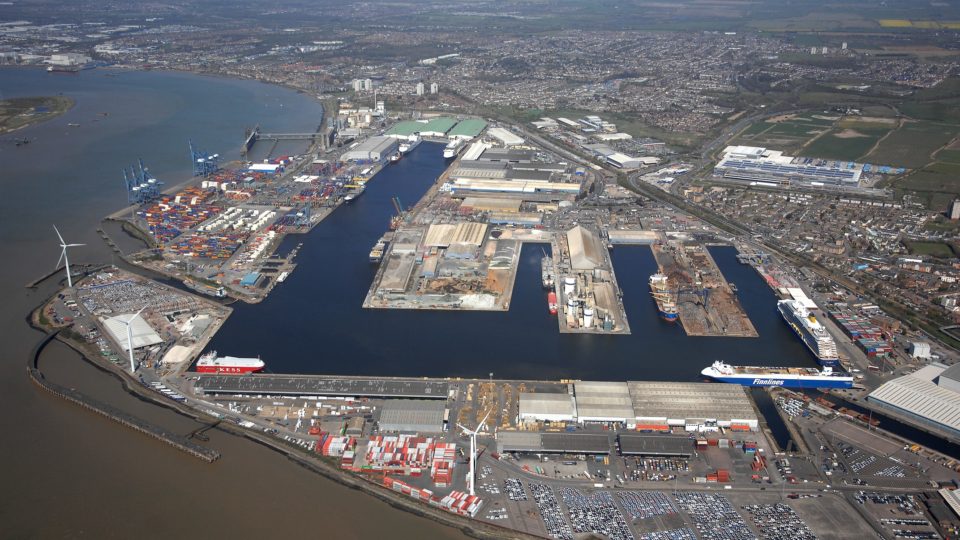Hydrogen has a crucial role to play in helping the UK achieve its 2050 Net Zero ambitions and is an essential component for decarbonising different industrial sectors, according to the organisations.
Through the MoU, the organisations will complete two parallel work streams.
The first is a small-scale ‘proof of concept’ demonstrator project to produce green hydrogen for decarbonising items of port equipment by switching from fossil fuels to hydrogen.
The second is an initial study into a 10 megawatt green hydrogen plant.
The facility will be developed on Port of Tilbury land previously housing a coal-fired power station, transforming an area historically associated with fossil fuel power generation to green hydrogen production, at the heart of the Thames Freeport.
The project will also look at options to scale up development over a ten year period upwards of 100 megawatts. The hydrogen would be used for port infrastructure and operations in addition to providing green hydrogen to the surrounding industry.
Dehenna Davison MP, Minister for Levelling Up, Housing and Communities, commented: “This project is another great example of Freeports driving the UK’s shift to a dynamic, low-carbon economy by developing the industries of the future.
“This will bring great local opportunities by creating exciting new careers for people, demonstrating one of the many reasons why Freeports are at the core of our levelling up agenda.”
Peter Ward, commercial director at the Port of Tilbury and Thames Freeport lead, said: “This is an important opportunity to support the Port of Tilbury’s commitment to achieving Net Zero for our customers. Our business has set out our ambition to be carbon neutral by 2032 and Net Zero by 2042 by investing in the infrastructure in the ports. As part of Thames Freeport, our MoU with RWE and Mitsui to develop a new hydrogen plant at the Port of Tilbury will help accelerate the UK’s path to a decarbonised economy and support our vision for low carbon logistics.”
Steve Boughton, RWE director hydrogen development, added: “Hydrogen is a key component of the energy transition and we want to play a leading role in this, aiming to develop 2GW of capacity by 2030. This collaboration with Mitsui and the Port of Tilbury is for an innovative project combing production and industrial customer use with potential fuel switching of port equipment.”
“Hydrogen will play an essential role in the pathway to net zero, particularly in hard to decarbonise industry. We are committed to playing a full part in the delivery of this emerging technology in the UK, and at the same time creating skilled green jobs.”
Shinya Umehara, general manager hydrogen solutions business division, Mitsui & Co., Ltd, stated: “Mitsui has set a target of achieving net zero-emissions status by 2050 and aims to halve its greenhouse gas (GHG) impact by 2030, compared with the level for the fiscal year ended March 2020.”
“Hydrogen is one of the areas identified for Mitsui’s key strategic initiatives as stated in the Medium-term Management Plan 2026. Through this project, Mitsui is looking forward to playing an important role in the realisation of the UK’s hydrogen strategy in collaboration with the Port of Tilbury and RWE.”

